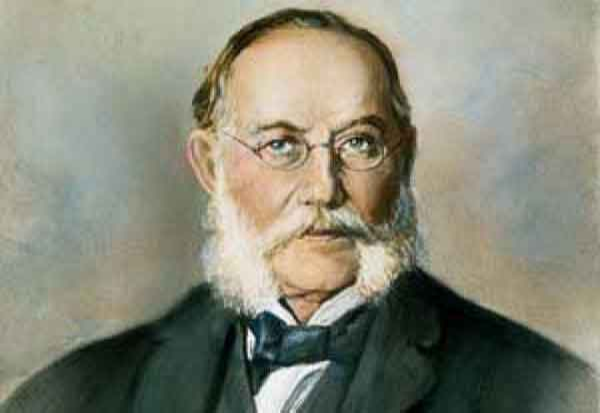
The Cuban scientist was the discoverer of the agent responsible for yellow fever
Havana, Dec 3 (RHC) The health professionals in Cuba and the region are celebrating the Latin American Medicine Day, in honor of the birth of the Cuban scientist Carlos Juan Finlay y Barrés (1833-1915), who discovered the causative agent of yellow fever.
Dr. Finlay, the most dedicated researcher of this illness, determined that there was a separate agent responsible for its transmission between an infected individual and a healthy one. He was able to identify Aedes aegypti as the biological vector, as stated on the website of the Pan American Health Organization.
His discovery was initially disregarded by the United States, which sought to conceal it in favor of Walter Reed, who chaired the fourth American commission that visited Cuba in 1901 with the aim of "proving" in situ that yellow fever had a bacterial origin, thereby challenging Finlay's findings.
The Cuban doctor had presented his work "The Mosquito Hypothetically Considered as the Agent of Yellow Fever Transmission" in Cuba in February 1881, but his work was ignored.
However, his finding would gain recognition in 1911, when France awarded him the prestigious Legion of Honor and England awarded him the Mary Kinsley Medal, which was only given to scientists such as Pasteur, Ross, and Koch, the discoverer of the tuberculosis bacillus.
Furthermore, the 14th International Congress on the History of Medicine, held in Rome in 1954, confirmed that Finlay was the sole discoverer of the agent responsible for yellow fever and the application of his doctrine in tropical sanitation.
Two years later, at a similar event in Spain, a campaign was launched to ensure that textbooks, encyclopedias, and media would not attribute the glory to others that rightfully belonged to Finlay.
Finlay was nominated for the Nobel Prize in Medicine seven times, but the United States consistently opposed his candidacy. In the 1950s, the historical truth was finally established, and the Day of Latin American Medicine was established in recognition of Finlay's contributions.
On May 25, 1981, UNESCO established the Carlos J. Finlay International Prize for the first time, recognizing advancements in microbiology. The Cuban scientist was also included in UNESCO's magazine as one of the six most prominent microbiologists in history.
To commemorate this date, Cuba is hosting a Day of Tribute to Health Workers, which begins on November 22 with the Day of the Pharmacist.
This Monday, at the headquarters of the Cuban Ministry of Public Health, professionals were honored for their dedication and commitment during the country's response to the energy crisis and during the recovery phase after the passage of Hurricanes Oscar and Rafael. (Source: Prensa Latina)

